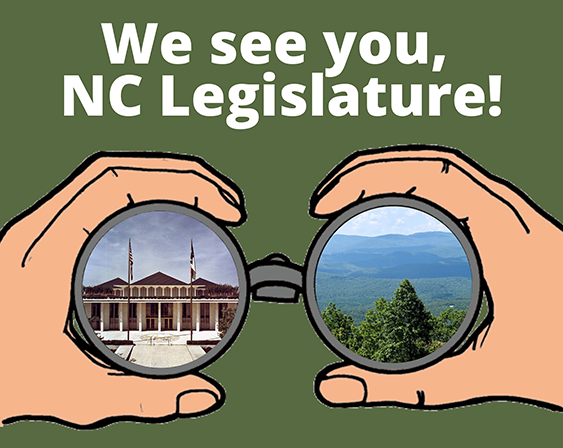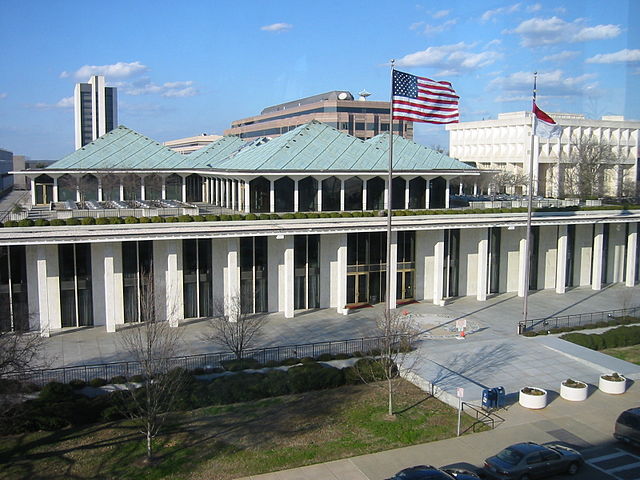
MT Raleigh Report: Two Good News Appointments, What’s Next at the General Assembly
MT Raleigh Report: Two Good News Appointments, What’s Next at the General Assembly
How about a little bit of good news to start the New Year?
In case you missed it, two of North Carolina’s environmental leaders got new, high profile jobs recently.
First, Secretary of the NC Department of Environmental Quality (NC DEQ) Michael S. Regan was appointed by President-Elect Joe Biden to lead the US Environmental Protection Agency (EPA). Prior to leading NC DEQ, Secretary Regan led clean energy expansion programs at the Environmental Defense Fund, and also served as an air quality expert at the EPA for almost a decade. You might remember that Secretary Regan also received hundreds of public comments from MountainTrue members and our allies calling for full excavation of North Carolina’s coal ash in 2019 – a decision he ultimately ordered, resulting in the largest coal ash cleanup in US history.
Based on today’s projected Senate runoff results, it is likely that Regan’s appointment will be approved by the Senate. His appointment to the head of the EPA is important and historic – he would be the first Black man to lead the agency and the second Black leader to ever hold this position. He would guide the agency’s efforts on two enormous tasks: restoring environmental rules and enforcements gutted by the previous administration, and advancing Biden’s goals of reaching net-zero emissions by 2050 and eliminating fossil fuel emissions from the power sector by 2035.
Additionally, Governor Cooper has appointed Reid Wilson to be Secretary of the North Carolina Department of Natural and Cultural Resources. The Department oversees 39 state parks and recreation areas as well as an array of museums, historic sites and cultural organizations and agencies.
Wilson, who previously served as the Department’s Chief Deputy Secretary, has a long history in conservation including serving as executive director of the Conservation Trust for North Carolina (CTNC), chief of staff to former EPA Administrator Carol Browner and national political director for the Sierra Club.
Having two supremely qualified North Carolinians from the environmental movement at the top of these agencies should be welcome news to those of us who are concerned about the protection of our land, air and water. We’ll keep you posted on the leadership transition at NC DEQ as Governor Cooper works through the appointment process to fill the void left by Secretary Regan’s departure.
In other news, the 2021 General Assembly convenes on January 13 for a ceremonial session to swear in new members. Then, after a short break, legislators will return to Raleigh on January 27 to begin the real work of the long session.
Here at MountainTrue we are already holding meetings with legislators throughout the region to go over our – and their – to-do lists for 2021. Look for an overview of MountainTrue’s legislative priorities soon, and thank you for your support!


